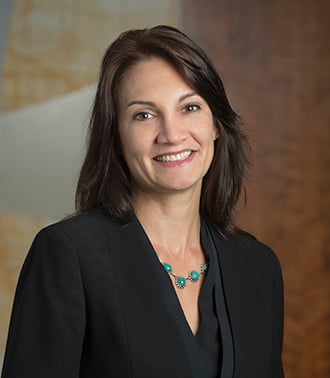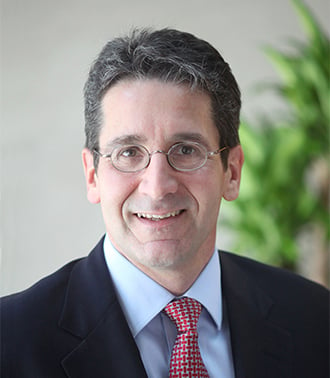CPSC Chairman Seeking “Double Digit” Million Dollar Civil Penalties: Highlights from the 2016 ICPHSO Symposium
The International Consumer Product Health and Safety Organization (ICPHSO) Annual Meeting and Training Symposium, held in Washington, DC on February 29 - March 3, provided the regulated community with an opportunity to hear firsthand the perspectives of the Consumer Product Safety Commission (CPSC) Chairman, Commissioners, and staff on compliance, recalls, and penalties.
During his keynote address on March 2, 2016, Chairman Elliot Kaye announced that he would like to see "double digit" civil penalties (i.e., $10 million and up) based on some of the "fact patterns" he has been seeing. Chairman Kaye explained that he believes higher penalties are what Congress wanted to see when it enacted the CPSIA in 2008, and raised the penalty cap from $1.825 million to $15 million. To date, the largest CPSC civil penalty on record is $4.3 million.
In a separate panel discussion moderated by Eric Rubel, Commissioner Anne Marie Buerkle seemed to disagree with Chairman Kaye's call for significantly higher penalties based on a concern that it would send a negative message to the regulated community that could adversely affect consumers by deterring companies from notifying CPSC of potential safety concerns. On the other hand, Commissioner Marietta Robinson stated that penalties "drive compliance," and agreed with Chairman Kaye in calling for higher civil penalties in appropriate cases. The Commissioners disagreed on whether companies should get credit in late-reporting ("timeliness") investigations for self-reporting and conducting a Fast Track recall. Commissioner Buerkle explained that penalizing companies could discourage self-reporting and conducting Fast Track recalls, while Commissioner Robinson took the view that a company should not get a pass from a late-reporting penalty even if the company conducted a Fast Track recall.
There were a few points of agreement between the two Commissioners, including that recalls (driven by a company's compliance program) do not necessarily indicate that a company has a compliance problem. In addition, the Commissioners were asked whether CPSC's civil penalty factors (such as whether there have been any reported injuries, whether a company has a compliance program, etc.) are only aggravating factors in assessing civil penalties or can also be mitigating. The Commissioners agreed that the factors "swing both ways" (i.e., they can be aggravating or mitigating).
The CPSC Office of the General Counsel staff also shared their views on reporting obligations and penalties with industry stakeholders. Assistant General Counsel, Division of Compliance, Mary Murphy explained that while timeliness cases make up the bulk of the civil penalty investigations, there has been an increased focus on post-recall sales investigations. Ms. Murphy advised that companies should be proactive in preventing such sales and ensuring that appropriate reverse logistics procedures are in place following a recall.
Both General Counsel Stephanie Tsacoumis and Ms. Murphy explained that the focus of Section 15 timeliness investigations is on what the company knew at the time ("what did you know and when did you know it"), and not what a company's recent analysis shows. Thus, according to the staff, a post hoc analysis of whether there was a defect with a product is "not helpful." In addition, staff indicated that its penalty demands are carefully vetted, typically with the Department of Justice, and reflect the CPSC staff's assessment of a case's value.
Synthesizing the advice from CPSC Commissioners and staff at the ICPHSO conference, here are some key takeaways of their views:
- The recent upswing in civil penalty demands likely will continue;
- When in doubt, notify CPSC about a potential product safety issue, and doing so does not necessarily mean that a recall will follow;
- Identifying the root cause of a problem is not necessary to create a duty to notify CPSC; and
- Companies should be vigilant in attempting to prevent post-recall sales, and should tighten up reverse logistics procedures as needed.
© Arnold & Porter Kaye Scholer LLP 2016 All Rights Reserved. This blog post is intended to be a general summary of the law and does not constitute legal advice. You should consult with counsel to determine applicable legal requirements in a specific fact situation.


